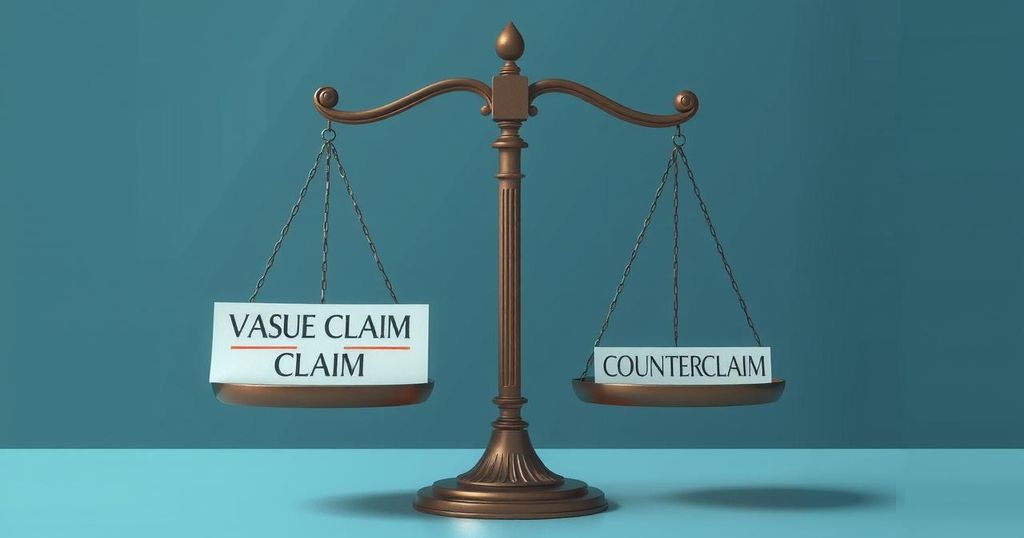Sudan’s Genocide Allegations Against UAE Lack Evidence, Court Rules
Sudan’s genocide claims against the UAE lack sufficient evidence, leading to their dismissal in court. This underscores the complexities in proving such allegations internationally while shedding light on the dire situation in Sudan and the challenges of foreign involvement in domestic conflicts.
In a recent development, Sudan’s allegations of genocide against the United Arab Emirates appear to be lacking sufficient evidence, according to legal experts. The claims stemmed from the involvement of UAE-backed forces in the ongoing conflict in Sudan, but courts have found the assertions to be unsubstantiated and inadequate to meet the threshold for such a serious accusation. This ruling highlights the complexities and intricacies involved in proving genocide on an international level.
Legal analysts indicate that while the situation in Sudan is dire, with numerous parties involved in the conflict contributing to a significant humanitarian crisis, the claims against the UAE did not hold up under scrutiny. The issue of accountability remains complicated in the geopolitically charged context of the region. Sudan continues to face multifaceted challenges, and the legal process surrounding genocide claims is one avenue being explored as the situation develops.
This situation raises broader questions regarding the role of foreign involvement in domestic conflicts and the ramifications of such foreign influence. Sudanese leadership is under immense pressure domestically and internationally, as they strive to navigate the legal complexities while addressing the urgent needs of their population caught in the crossfire of violence and political strife.
Furthermore, the ruling emphasizes the importance of gathering credible and verifiable evidence when making serious allegations such as genocide. Legal experts state that without proper documentation and testimonies, claims can easily be dismissed, as seen in this case with the UAE. The implications of this could extend to future claims against other nations involved in conflicts around the world.
In conclusion, while Sudan’s attempt to hold the UAE accountable for allegations of genocide reflects broader struggles in international law, the findings indicate a need for stronger evidence and a clear framework for accountability. The path ahead remains fraught with challenges, not only for Sudan but for the many nations grappling with issues of sovereignty and intervention.
In summary, Sudan’s recent allegations against the UAE regarding genocide have been found to lack the necessary evidentiary support, highlighting the difficulty in substantiating such serious claims in international law. As Sudan navigates through the complexities of its ongoing conflict, the ruling serves as a reminder of the need for thorough documentation and credible testimonies in addressing allegations of this nature. The situation is indicative of the broader issues surrounding foreign involvement in conflicts and poses ongoing challenges for accountability in the region.
Original Source: www.law360.com




Post Comment